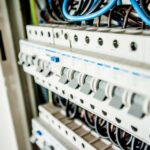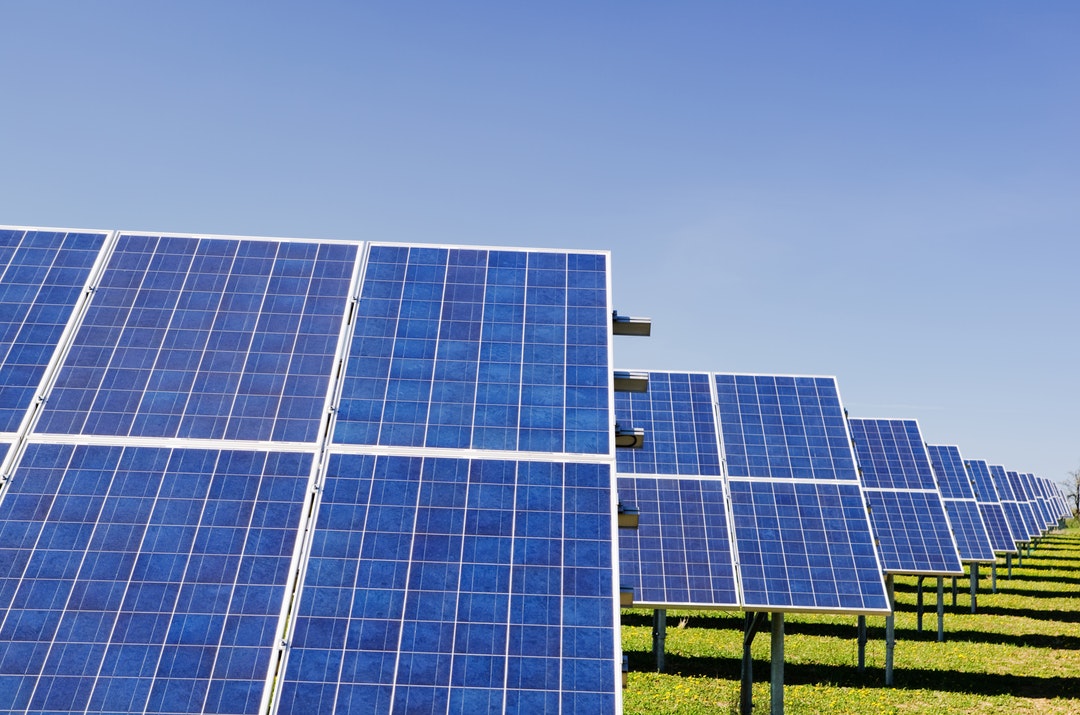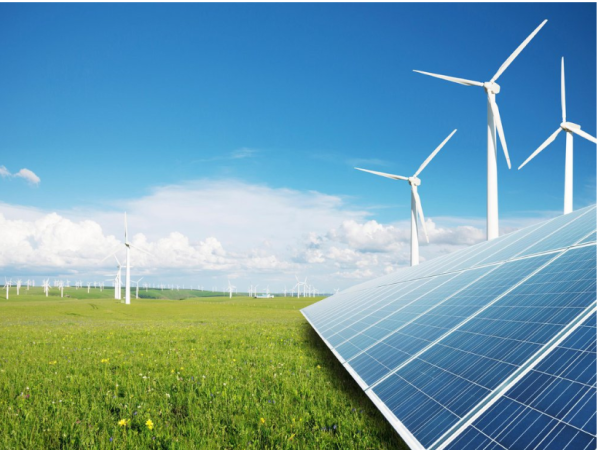The solar power industry in the United States has grown exponentially since 2008. The country’s solar power capacity is enough to power around 18 million homes. Around 3% of electricity in the United States comes from solar energy.
For the average person, you might be asking yourself “how is solar energy produced?” Solar energy is so much more than just absorbing the sun’s rays. There are certain steps that take place in the solar energy conversion process.
This guide will go over how solar energy works and everything you need to know if you’re thinking about making the switch to solar power energy.
What is Solar Energy?
Solar power is the sun’s energy that’s then converted into electrical or thermal energy. It’s one of the cleanest and most sustainable energy sources out there. Different solar technologies can harness the sun’s energy for a variety of uses.
One of the ways the sun’s energy is captured is with solar panels. The solar panels use the “photovoltaic effect” to generate electricity from the sun’s energy. Photons, or particles of sunlight, contain energy that can fuel our planet.
How is Solar Energy Produced?
Photovoltaics are commonly used in residential solar panel systems. The solar panels will convert sunlight into electricity that you can use immediately in your home, send to your electrical grid for credits on your bill, or store in a solar battery.
The production of solar energy starts with the solar panels themselves. Solar panels are usually made from polycrystalline or monocrystalline silicon. They’re housed in a metal frame that’s encased in glass.
When sunlight hits the thin silicon layer on the topmost portion of the panel, it knocks electrons off of the silicon atoms. The electrons are attracted to only one side of the cell since they’re negatively charged. This results in an electric current that’s captured in the wiring of the solar panel.
The electrons that are knocked free by the sun’s rays are the foundation of the electricity created by solar panels. The more sunlight that hits your solar panels, the more electrons are knocked free. The more electrons that you have knocked free, the more solar energy you’ll have produced.
Various kinds of solar panels produce electricity at various rates. It all depends on their quality and efficiency. It’s important to learn more about solar trends if you’re looking to have a solar system installed at your home.
What Happens After the Sunlight is Captured?
After the solar panels capture the sun’s UV rays, the photovoltaic cells create direct current (DC) electricity. Normal household appliances can’t run off of DC energy. Your solar panels are connected to a solar inverter, which converts the DC to AC (alternating current) electricity.
The AC electricity flows from your inverter to your home’s breaker box. It then circulates the electricity through your home. If your solar panels aren’t producing enough electricity to power your home, you’ll be able to draw energy from your electrical company.
If your solar panel system creates too much electricity, you can store excess energy in a solar battery or send it to your electrical company. Some utility companies allow net metering, where they’ll provide you with energy credits for excess energy produced. You can use these credits on future electricity bills.
Common FAQ’s About Solar Energy
Now that you’ve learned how solar panels produce solar energy, let’s go over some common questions homeowners have about solar panel systems.
Does Installing a Solar Panel System Increase My Home’s Value?
When potential homebuyers see a house that has solar panels installed, they’re able to look ahead at their future electricity bills. They know that they’ll save money each month on utility costs. Because of that, they’re willing to pay extra upfront for a home for the convenience of having solar panels installed.
With more people wanting to go toward clean living and using sustainable energy, solar panels will increase the value of your home. They’ll set your house apart from others on the market.
Do Solar Panels Work When It’s Cloudy?
The sun is still shining off in the distance even if there’s fog or cloud cover. The sun’s light disperses through the clouds and can reach your solar panels. While the total amount of energy produced may decrease slightly when it is cloudy, your panels are still collecting energy.
This is true even if there’s snow on the ground. The sunlight will reflect off of the snow onto the panels. If you live in a cloudy area or a place that experiences more extreme winters, solar panels are still a good option.
Will My Solar Panels Work If They’re Covered in Snow?
Most solar panels are installed at an angle, making it easy for snow to slide off. If you have a large amount of snow accumulation, you can gently clean them off.
Do Solar Panels Work During a Power Outage?
If you have solar battery storage then you will be able to use your solar energy during a power outage. Your solar panel system is hooked up to the electrical grid, so when the power goes out, it will stop them from collecting solar energy.
A solar battery is a great way to keep your power going during a blackout. They’ll store unused energy that’s generated by your panels. You can use it when the power goes out.
How Long Do Solar Panels Last?
A solar panel system is designed to be very durable and can withstand hail, wind, and snow. When installed, be sure there aren’t any trees that can drop branches on the panels. Solar panels also don’t have a lot of working parts, so there aren’t a lot of areas for the system to fail.
Different components, like the inverter, may need to be replaced over the lifespan of your system. They’re typically expected to generate energy for more than 25 years.
Invest in a Residential Solar Panel System
Now that we’ve answered the burning question of “how is solar energy produced,” we hope that you have enough information about solar panel systems. They’re a great way to reduce your overall energy cost and create more sustainable energy.
For more advice on how to improve your home, read one of our other articles.











